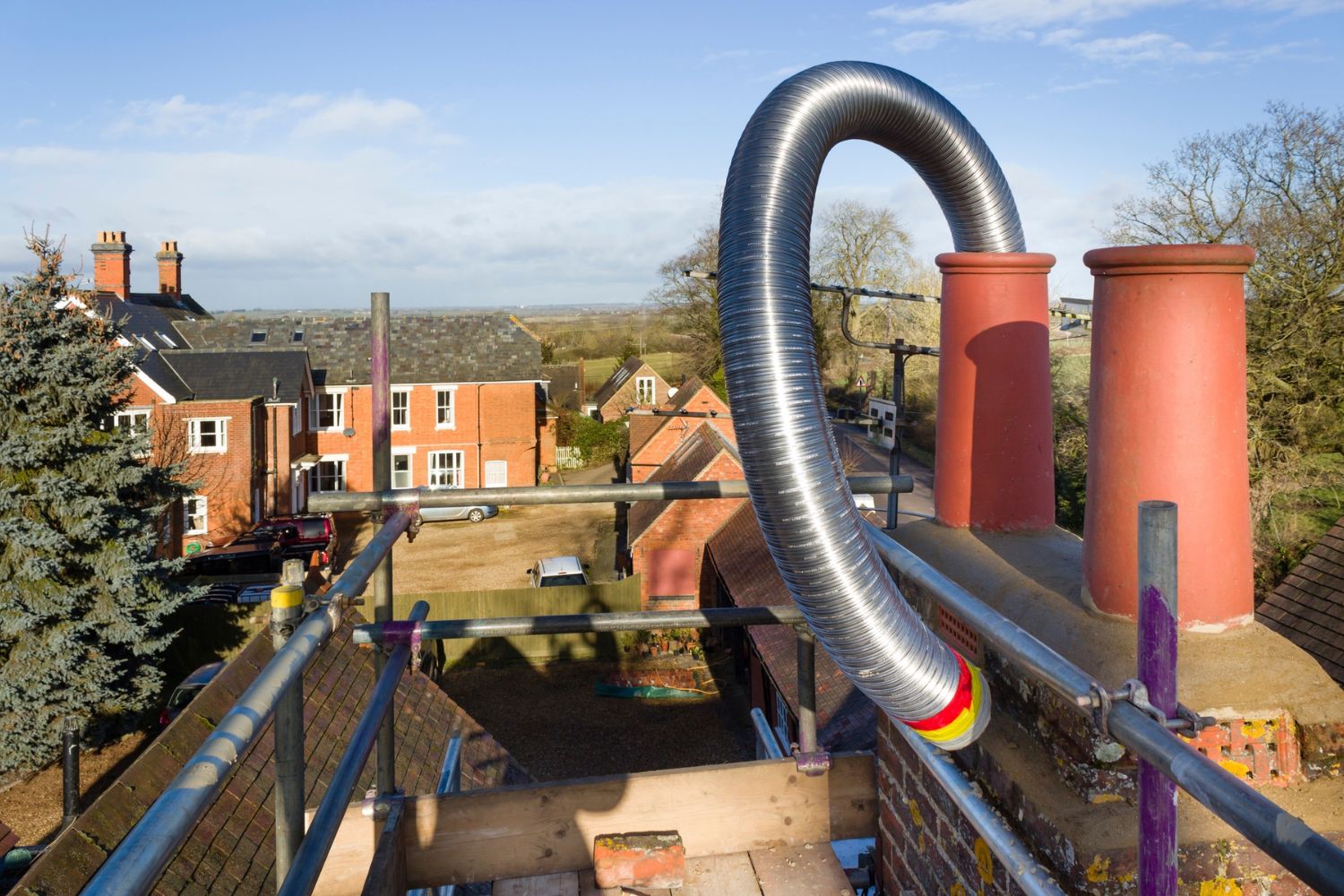

Articles
How Much Does A Chimney Liner Cost To Install
Modified: January 18, 2024
Find out the average cost of installing a chimney liner in this comprehensive guide. Read articles and tips on chimney liner installation and expenses.
(Many of the links in this article redirect to a specific reviewed product. Your purchase of these products through affiliate links helps to generate commission for Storables.com, at no extra cost. Learn more)
Introduction
Having a functional and safe chimney is essential for any homeowner with a fireplace or wood-burning stove. A chimney liner is a crucial component of a chimney system as it protects the chimney walls from heat, smoke, and gases.
When it comes to installing a chimney liner, one of the first questions that homeowners often ask is, “How much does a chimney liner cost to install?” The cost of chimney liner installation can vary depending on various factors, including the type of liner, the size of the chimney, and the complexity of the installation.
In this article, we will explore the factors that affect the cost of chimney liner installation, the different types of chimney liners available, and the average cost involved. Whether you’re considering a DIY project or hiring a professional, understanding the cost involved will help you make an informed decision. So, let’s dive in and explore the world of chimney liner installation costs.
Key Takeaways:
- The average cost of chimney liner installation ranges from $1,500 to $4,000, but factors like chimney size, liner type, and necessary repairs can impact the final price. Prioritize professional installation for safety and efficiency.
- While DIY chimney liner installation may seem cost-effective, it poses safety risks and could void warranties. Hiring a professional ensures expertise, compliance with safety standards, and long-term peace of mind.
Factors That Affect the Cost of Chimney Liner Installation
Several factors come into play when determining the cost of chimney liner installation. Understanding these factors will help you calculate the approximate cost and budget accordingly. Here are the key factors that can affect the cost:
- Chimney Size: The size of your chimney plays a significant role in determining the cost of the liner installation. Larger chimneys require more materials and labor, which can drive up the overall cost.
- Chimney Height: The height of the chimney can also impact the cost. Taller chimneys may require additional scaffolding or equipment for safe and efficient installation.
- Type of Liner: The type of chimney liner you choose will affect the cost. There are various types available, including stainless steel, aluminum, and clay tile liners. Stainless steel liners are generally the most popular choice due to their durability and efficiency, but they also tend to be more expensive.
- Chimney Accessibility: The accessibility of your chimney can impact the installation cost. If your chimney is difficult to access or requires special equipment or permits, the installation cost may increase.
- Additional Repairs: In some cases, additional repairs may be needed before the chimney liner installation. Cracks, leaks, or damage in the chimney structure may require repairs, which can add to the overall cost.
It’s important to note that these factors are not exhaustive, and there may be other variables specific to your situation that could impact the cost. Consulting with a professional chimney technician or contractor can help you assess these factors and provide a more accurate estimate.
Now that we understand the factors that affect the cost of chimney liner installation, let’s explore the different types of chimney liners available and their respective costs.
Types of Chimney Liners
When it comes to chimney liners, there are several types to choose from. Each type has its own advantages and costs associated with it. Let’s take a closer look at the most common types of chimney liners:
- Stainless Steel Liners: Stainless steel liners are the most popular choice for chimney liners due to their durability and compatibility with various fuel types. They are highly resistant to corrosion and can handle high temperature and acidic flue gases. Stainless steel liners come in different grades and thicknesses, which can affect the cost.
- Aluminum Liners: Aluminum liners are a more affordable option compared to stainless steel liners. They are lighter in weight and relatively easy to install. However, aluminum liners are not suitable for all fuel types, as they are not as durable or heat-resistant as stainless steel liners.
- Clay Tile Liners: Clay tile liners have been used for centuries and are a traditional option for chimney liners. They are affordable and can withstand high temperatures. However, clay tile liners may crack over time due to thermal expansion and contraction, requiring replacement. Installing clay tile liners can be labor-intensive, contributing to the overall cost.
- Cast-in-Place Liners: Cast-in-place liners involve pouring a heat-resistant mortar mixture directly into the chimney, creating a seamless liner. They are highly durable and can adapt to irregularly shaped chimneys. However, the installation process is complex and time-consuming, making them a more expensive option.
When choosing a chimney liner type, consider factors such as your budget, the fuel type you use, and the condition of your chimney. Consulting with a chimney professional can help you determine the best type of liner for your specific needs.
Now that we have covered the types of chimney liners available, let’s move on to the cost of materials involved in chimney liner installation.
Cost of Materials for Chimney Liner Installation
The cost of materials for chimney liner installation can vary depending on the type of liner you choose and the size of your chimney. Here is a breakdown of the typical costs associated with each type of chimney liner:
- Stainless Steel Liners: Stainless steel liners are generally the most expensive option. The cost can range from $40 to $100 per linear foot, depending on the grade and thickness of the stainless steel. Additional components, such as connectors, caps, and insulation, may also be required and can add to the overall cost.
- Aluminum Liners: Aluminum liners are more affordable than stainless steel liners. The cost can range from $20 to $50 per linear foot. However, it’s important to note that aluminum liners may not be suitable for all fuel types, so be sure to consult with a professional to determine if aluminum is a viable option for your chimney.
- Clay Tile Liners: Clay tile liners are relatively inexpensive compared to metal liners. The cost can vary depending on the size of the tiles and the complexity of the installation. On average, clay tile liners can cost between $10 and $20 per tile.
- Cast-in-Place Liners: Cast-in-place liners involve the use of a mortar mixture, which can be more affordable than metal liners. The cost can range from $40 to $80 per linear foot, depending on the complexity of the installation and the materials used.
In addition to the liner materials, other components such as connectors, termination caps, insulation, and support brackets may be necessary for a complete chimney liner installation. These additional materials can add to the overall cost.
It’s important to note that these cost ranges are approximate and can vary based on several factors such as location, supplier, and any additional customization required. Consulting with a chimney professional or obtaining multiple quotes will give you a more accurate estimate of the materials cost.
Now that we have covered the materials cost, let’s move on to discussing the labor costs involved in chimney liner installation.
Labor Costs for Chimney Liner Installation
The labor costs for chimney liner installation can vary based on several factors, including the complexity of the installation, the accessibility of the chimney, and the region in which you live. It’s important to note that hiring a professional chimney technician or contractor is recommended for a safe and proper installation.
The average labor costs for chimney liner installation can range from $500 to $1500, depending on the factors mentioned above. This cost typically includes the removal of the existing liner (if necessary), the installation of the new liner, and any required repairs to the chimney structure. The labor cost can also include the installation of additional accessories such as termination caps, connectors, and insulation.
The installation process involves several steps, including preparing the chimney, removing any existing liner or debris, installing the new liner, and ensuring a proper seal. Depending on the type of liner and the condition of the chimney, the labor time required can vary. A more complex installation, such as cast-in-place liners, may require additional time and expertise, which can result in higher labor costs.
While it may be tempting to attempt a DIY chimney liner installation to save on labor costs, it is not recommended unless you have proper knowledge and experience in chimney systems. Improper installation can lead to safety hazards, ineffective ventilation, and potential damage to the chimney and surrounding areas.
It’s advisable to obtain multiple quotes from reputable chimney professionals to get a clear understanding of the labor costs specific to your situation. Be sure to inquire about their experience, certifications, and warranties offered for the installation.
Now that we have explored the labor costs, it’s essential to consider any additional costs that may be involved in chimney liner installation.
When considering the cost of installing a chimney liner, it’s important to factor in the type of liner (stainless steel, aluminum, etc.), the size of the chimney, and any additional installation materials or labor. It’s best to get quotes from multiple professional chimney service providers to compare prices and services offered.
Read more: How To Install Chimney Liner
Additional Costs to Consider
When budgeting for chimney liner installation, it’s important to consider the potential additional costs that may be involved. These costs can vary depending on your specific situation and the condition of your chimney. Here are some additional costs to consider:
- Chimney Inspection: Before installing a chimney liner, it’s essential to have a professional chimney inspection. The inspection can uncover any underlying issues or damages that may require repairs before the liner installation. The cost of a chimney inspection can range from $100 to $300 or more, depending on the complexity.
- Chimney Repairs: If the inspection reveals any structural issues, cracks, or damages to the chimney, repairs may be necessary before installing the liner. The cost of chimney repairs can vary widely depending on the extent of the damage and the materials required. It’s crucial to address any repairs to ensure the safety and effectiveness of the chimney system.
- Permits and Inspections: Depending on where you live, obtaining permits and scheduling inspections may be required for chimney liner installation. The cost of permits can vary by location, and some jurisdictions may charge a fee for inspections. It’s essential to check with your local authorities to determine any associated costs.
- Disposal of Old Liner: If the existing chimney liner needs to be removed before installing a new one, there may be additional costs for the disposal of the old liner. Ensure that you inquire about the disposal process and any associated fees when obtaining quotes from chimney professionals.
Note that these additional costs are not applicable in every situation, but it’s essential to be aware of them and budget accordingly. Consulting with a chimney professional can provide a clearer understanding of the potential additional costs specific to your chimney’s condition and your location.
Now that we have explored the additional costs involved, let’s move on to discussing the average cost of chimney liner installation.
Average Cost of Chimney Liner Installation
The average cost of chimney liner installation can vary depending on the factors previously discussed. However, to give you a rough estimate, the total cost of chimney liner installation typically ranges from $1,500 to $4,000.
This cost includes the materials, such as the liner itself, connectors, termination caps, insulation, and any additional components required for the installation. It also covers the labor costs associated with removing the existing liner (if necessary), installing the new liner, and any required repairs or modifications to the chimney structure.
Keep in mind that this average cost is a general guideline and can vary based on factors such as the type and size of the liner, the complexity of the installation, and the region in which you live. The actual cost may be higher or lower depending on these variables.
It’s essential to obtain multiple quotes from reputable chimney professionals to get a more accurate estimate for your specific situation. By doing so, you can compare the costs, evaluate the services offered, and make an informed decision about the best option for your chimney liner installation.
Lastly, it’s important to remember that investing in a high-quality chimney liner and professional installation is crucial for the safety and efficiency of your chimney system. Cutting corners or opting for a cheaper alternative may lead to potential hazards, increased maintenance costs, and reduced heating efficiency. Prioritize the quality and longevity of your chimney liner installation to ensure the long-term functionality of your chimney system.
We have covered the average cost of chimney liner installation, and now let’s explore the pros and cons of DIY versus hiring a professional for this project.
DIY vs. Hiring a Professional
When it comes to chimney liner installation, homeowners often consider the option of doing it themselves (DIY) to save on labor costs. However, it’s essential to weigh the pros and cons before deciding whether to tackle the project yourself or hire a professional.
DIY Chimney Liner Installation
Pros:
- Cost Savings: DIY chimney liner installation can save you money on labor costs, as you won’t have to pay for professional installation.
- Control and Flexibility: DIY projects give you complete control over the installation process and the ability to work at your own pace.
- Satisfaction of Accomplishment: Successfully completing a DIY project can be rewarding and give you a sense of accomplishment.
Cons:
- Safety Risks: Chimney work can be dangerous, especially if you’re not familiar with proper safety procedures or handling tools and equipment. Improper installation can lead to fire hazards, carbon monoxide leaks, and structural issues.
- Lack of Expertise: Chimney liner installation requires specific knowledge and skills to ensure a proper and efficient installation. DIYers may lack the experience and understanding of chimney systems, potentially leading to mistakes or inadequate ventilation.
- Voided Warranties: If you attempt a DIY installation and encounter any issues, it may void any warranties on the chimney liner or related components. Professional installation often comes with warranties or guarantees for added peace of mind.
Hiring a Professional for Chimney Liner Installation
Pros:
- Expertise and Experience: Hiring a professional chimney technician ensures that the installation is performed by someone with the necessary knowledge, skills, and experience in working with chimney liners and systems.
- Safety and Compliance: Professionals are trained to adhere to safety standards and building codes. They have the necessary equipment and expertise to ensure a safe and compliant installation.
- Time and Convenience: Hiring a professional saves you time and effort, as they will handle the entire installation process from start to finish. This allows you to focus on other tasks or relax with peace of mind.
Cons:
- Higher Cost: Hiring a professional chimney technician will incur labor costs, which can increase the overall installation cost compared to a DIY approach.
- Lack of Control: When hiring a professional, you give up some control over the installation process and rely on their expertise and judgment.
Ultimately, the decision depends on your comfort level, expertise, and the complexity of the installation. While DIY may seem appealing for cost savings, it’s crucial to prioritize safety and the long-term functionality of your chimney system. Consulting with a professional and obtaining multiple quotes can help you make an informed decision based on your specific needs and budget.
Now that we have explored the DIY versus professional installation options, let’s conclude our discussion.
Conclusion
When considering chimney liner installation, it’s important to take into account the various factors that can affect the cost. Factors such as the size and height of the chimney, the type of liner, and the accessibility of the chimney can all impact the overall cost of the installation. Additionally, it’s crucial to consider the cost of materials, labor, and any additional expenses such as inspections and repairs.
The average cost of chimney liner installation typically ranges from $1,500 to $4,000. This cost includes both materials and labor, but it’s important to remember that the actual cost can vary depending on several factors, including your location, the type of liner, and any necessary repairs or modifications to the chimney structure.
While it may be tempting to attempt a DIY installation to save on labor costs, it’s strongly recommended to hire a professional for chimney liner installation. Professionals have the expertise, experience, and equipment necessary to ensure a safe and proper installation. Attempting a DIY installation without the necessary knowledge or skills can lead to safety hazards, ineffective ventilation, and potential damage to your chimney and home.
Prioritizing the quality and longevity of your chimney liner installation is crucial. Investing in a high-quality liner and professional installation will provide you with a safe and efficient chimney system for years to come. Be sure to consult with reputable chimney professionals, obtain multiple quotes, and ask about warranties or guarantees to make an informed decision.
In conclusion, chimney liner installation is not a task to be taken lightly. By understanding the factors that affect the cost, the various types of chimney liners available, and weighing the pros and cons of DIY versus hiring a professional, you can make an informed decision that ensures the safety, efficiency, and longevity of your chimney system.
Frequently Asked Questions about How Much Does A Chimney Liner Cost To Install
Was this page helpful?
At Storables.com, we guarantee accurate and reliable information. Our content, validated by Expert Board Contributors, is crafted following stringent Editorial Policies. We're committed to providing you with well-researched, expert-backed insights for all your informational needs.
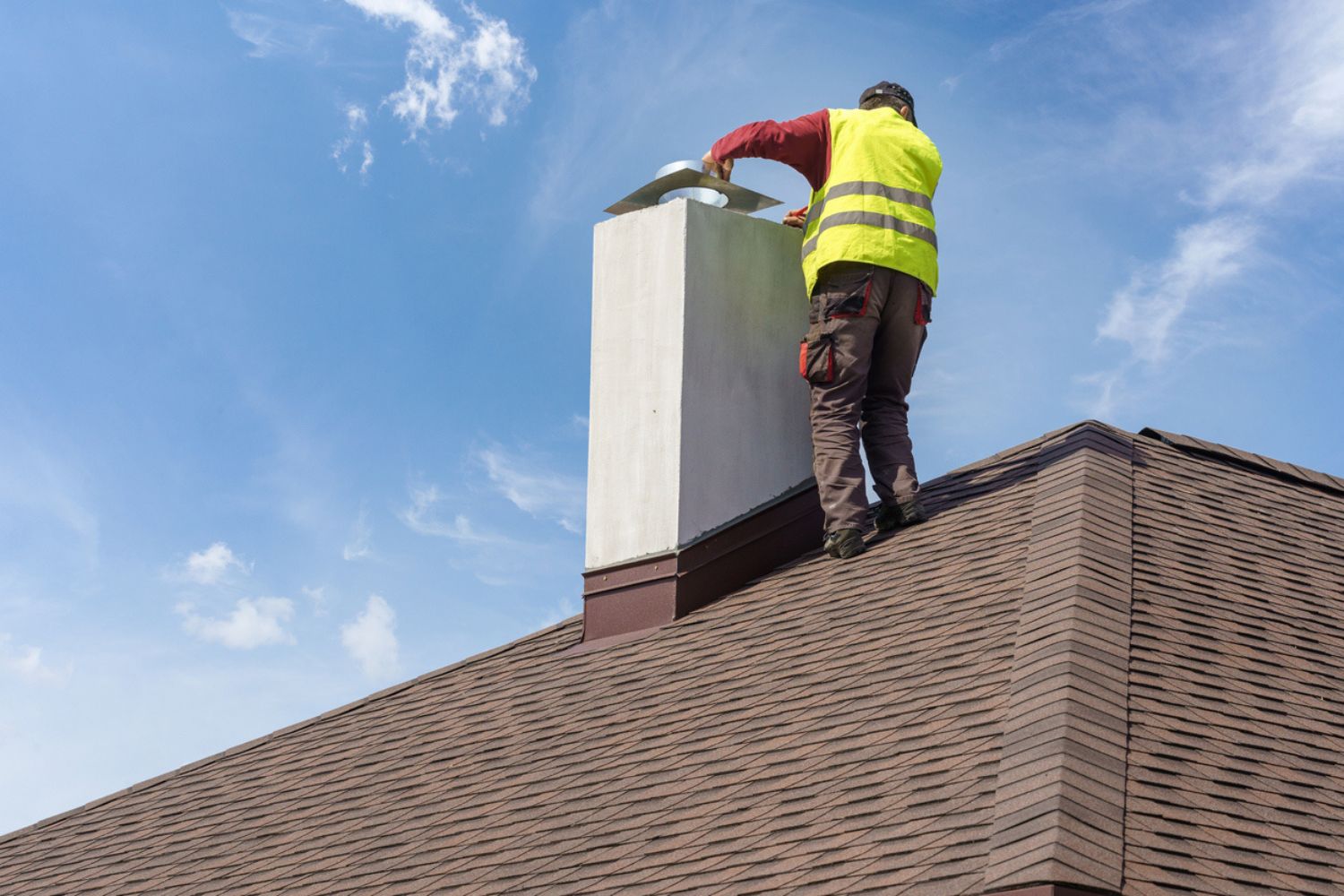
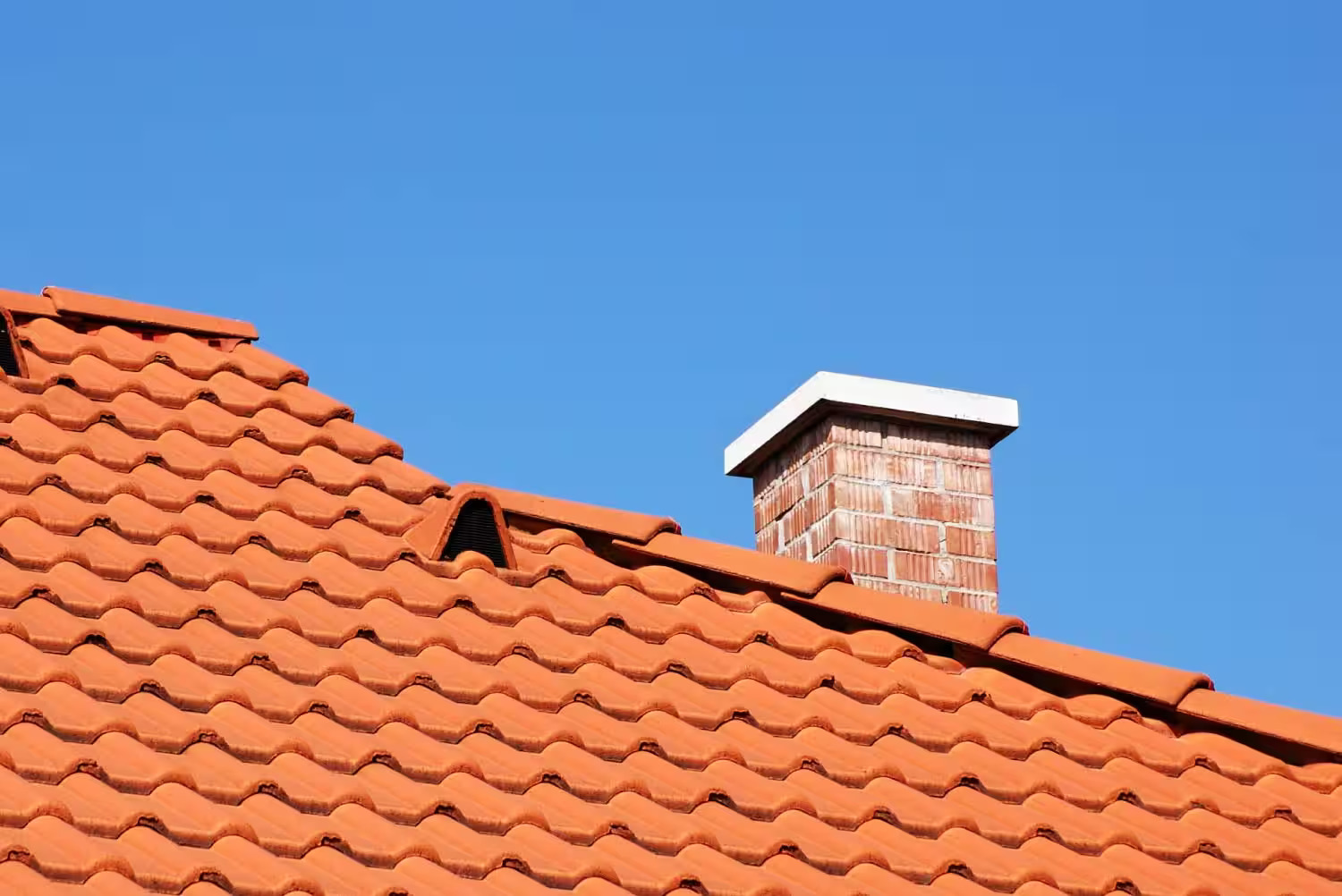
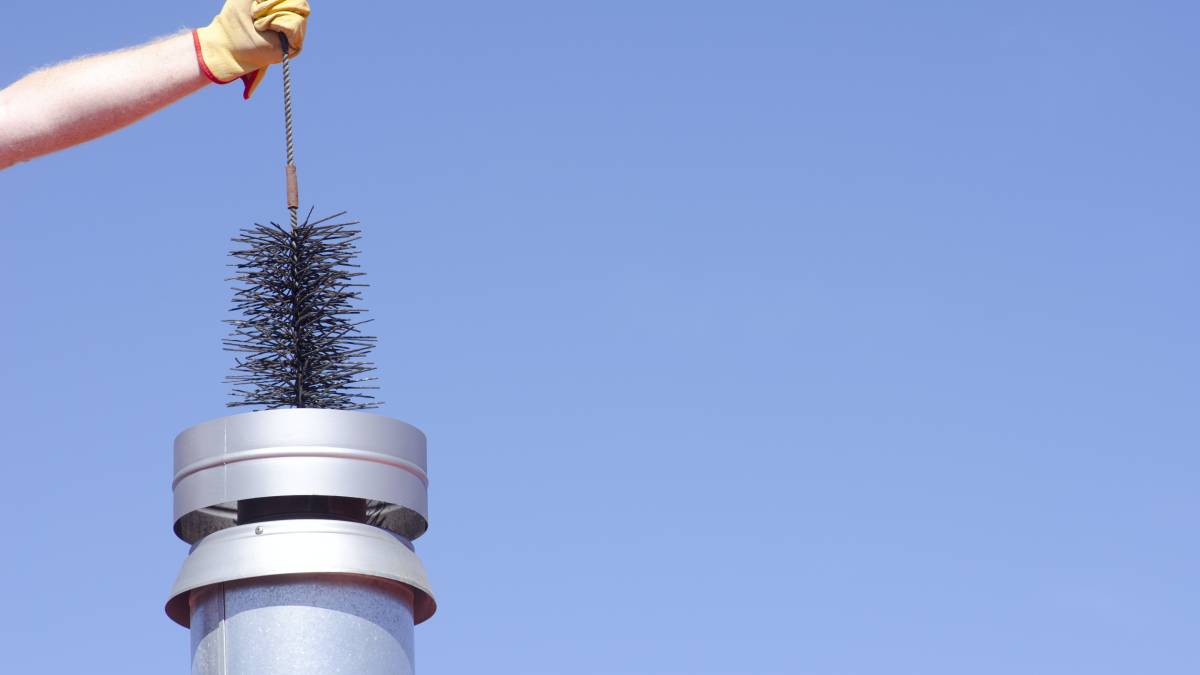
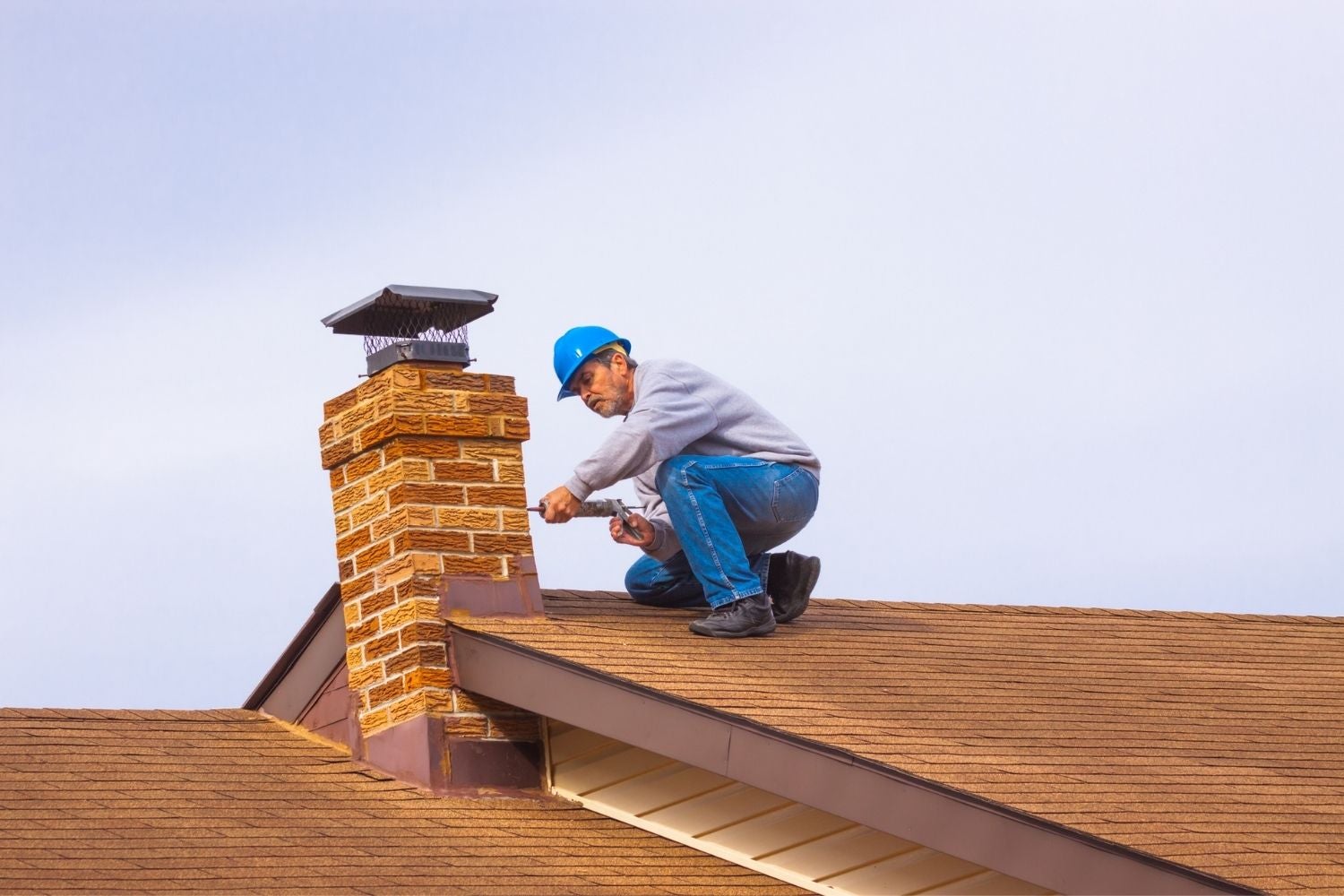
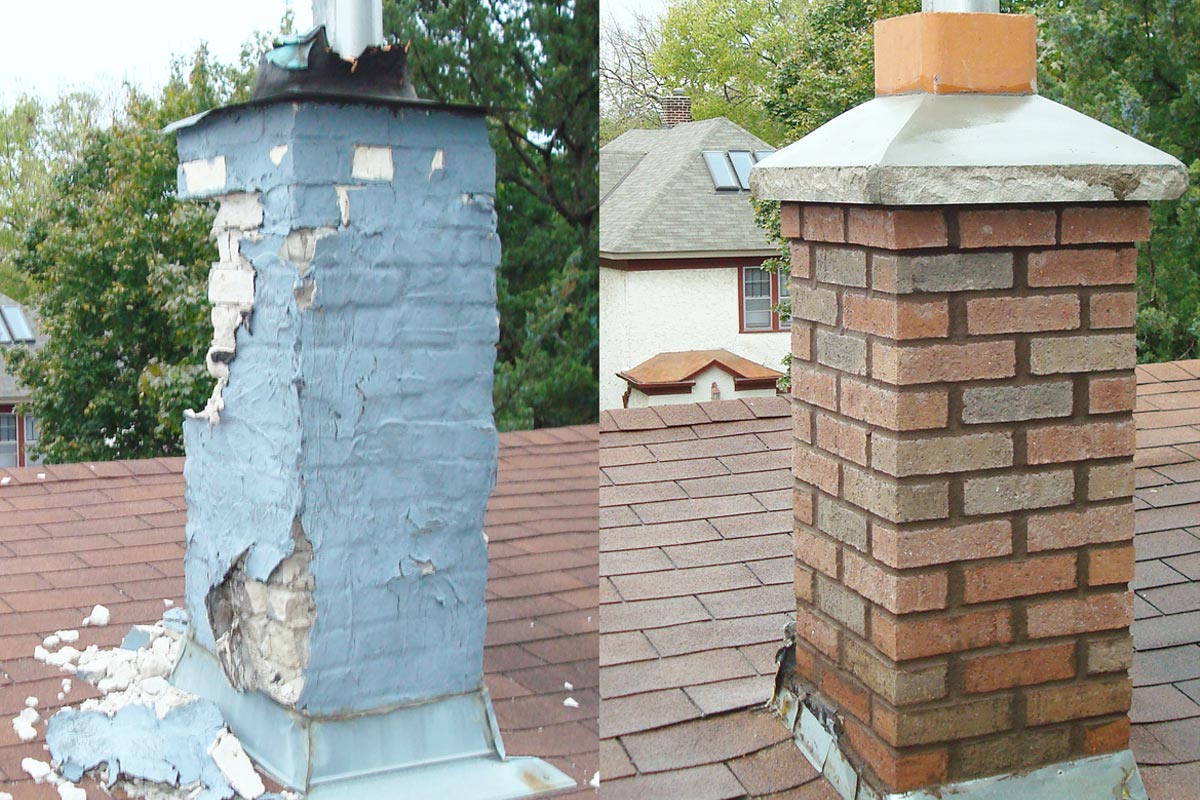
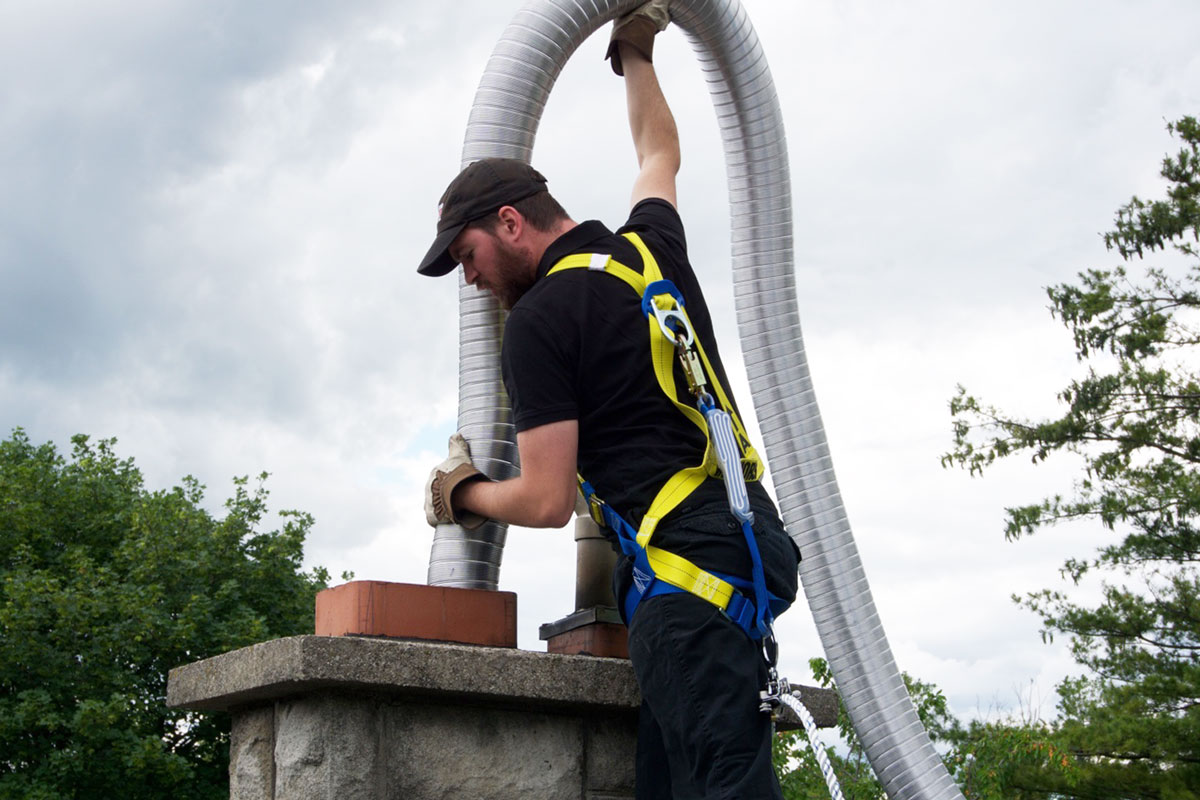
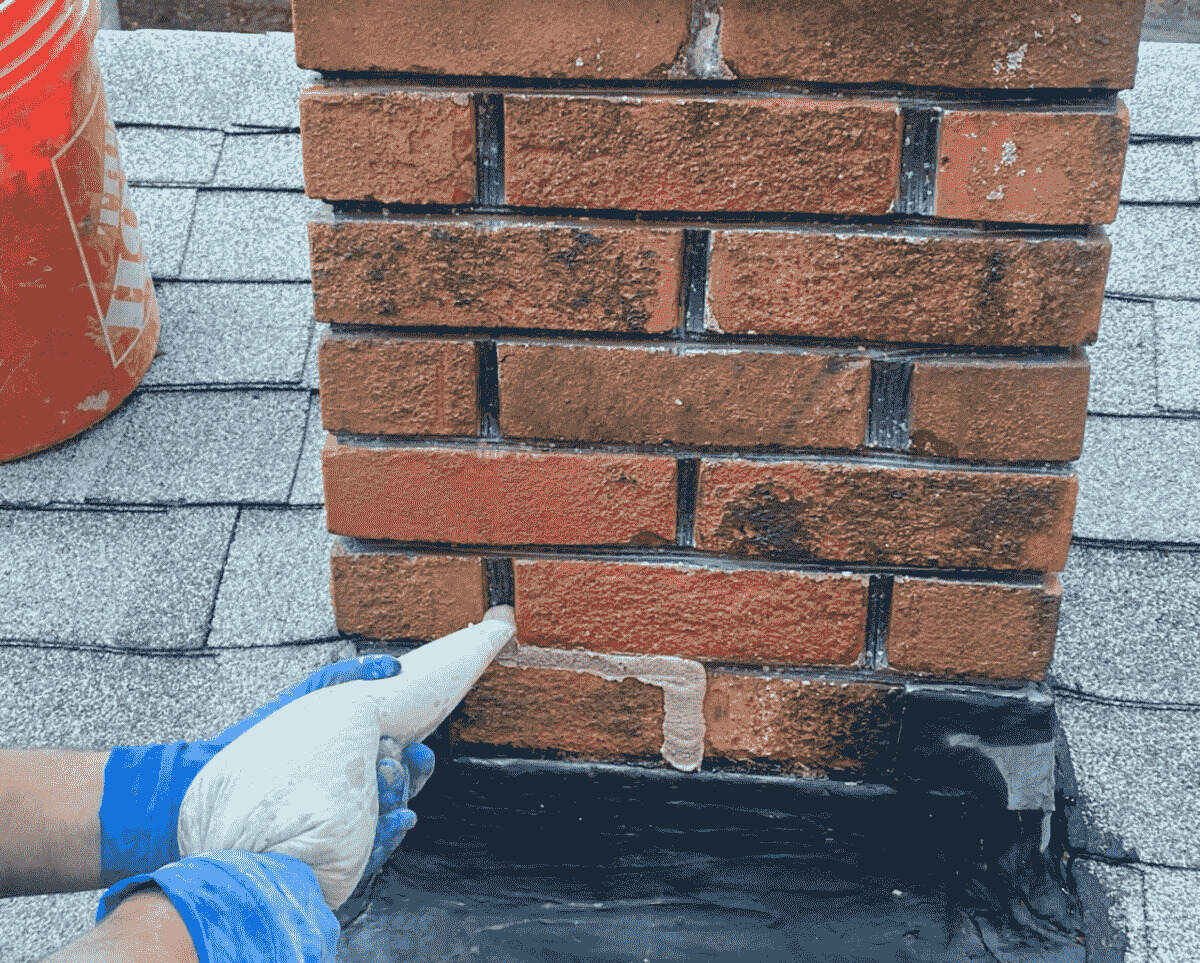
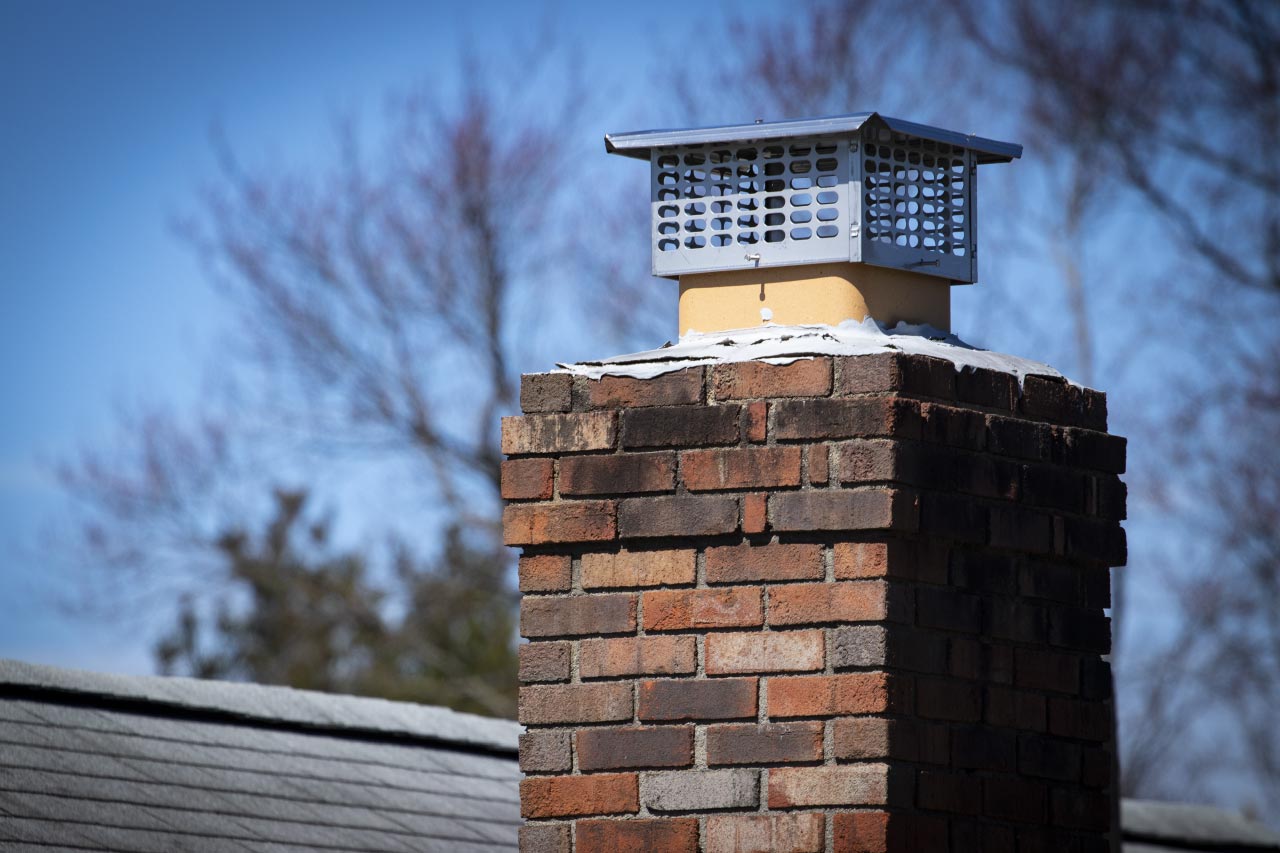

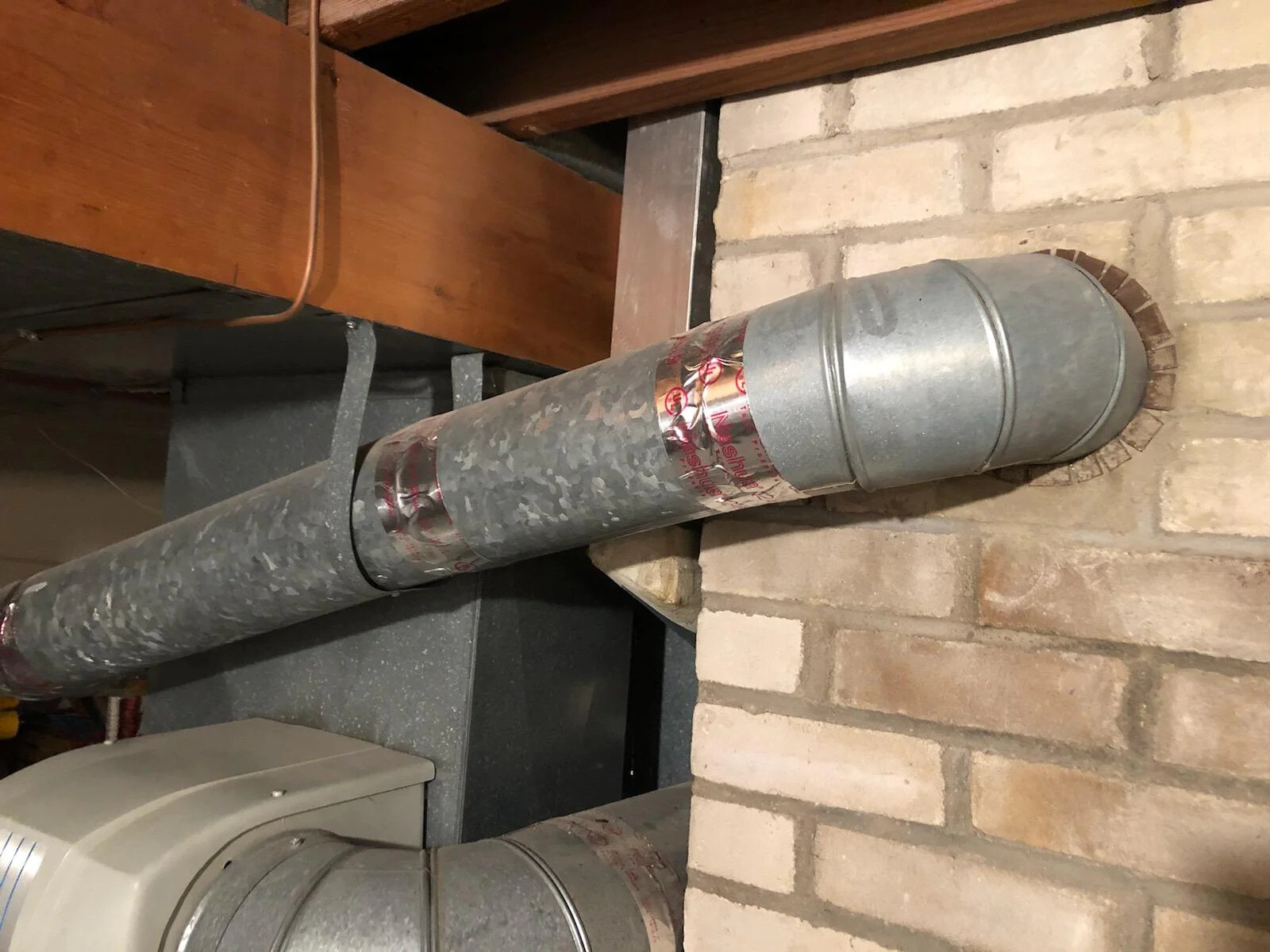
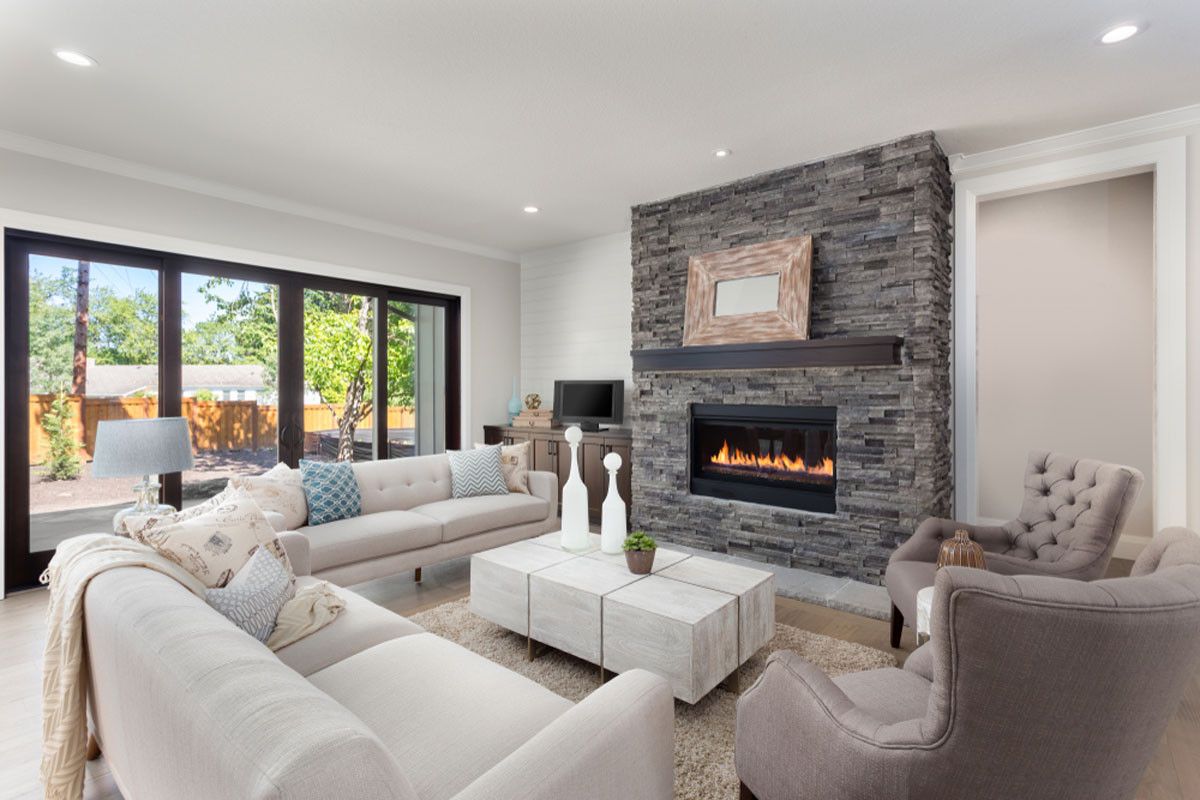
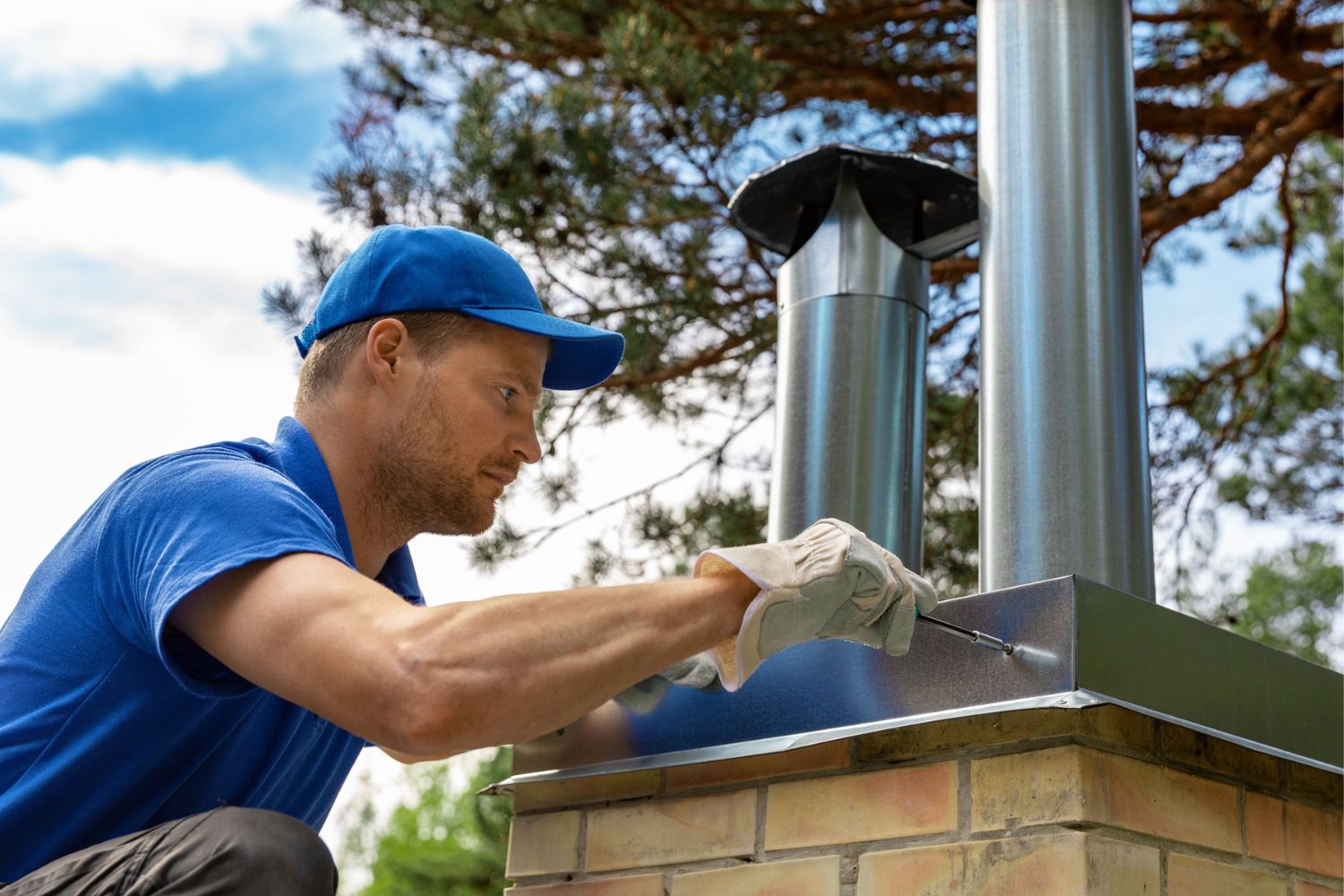
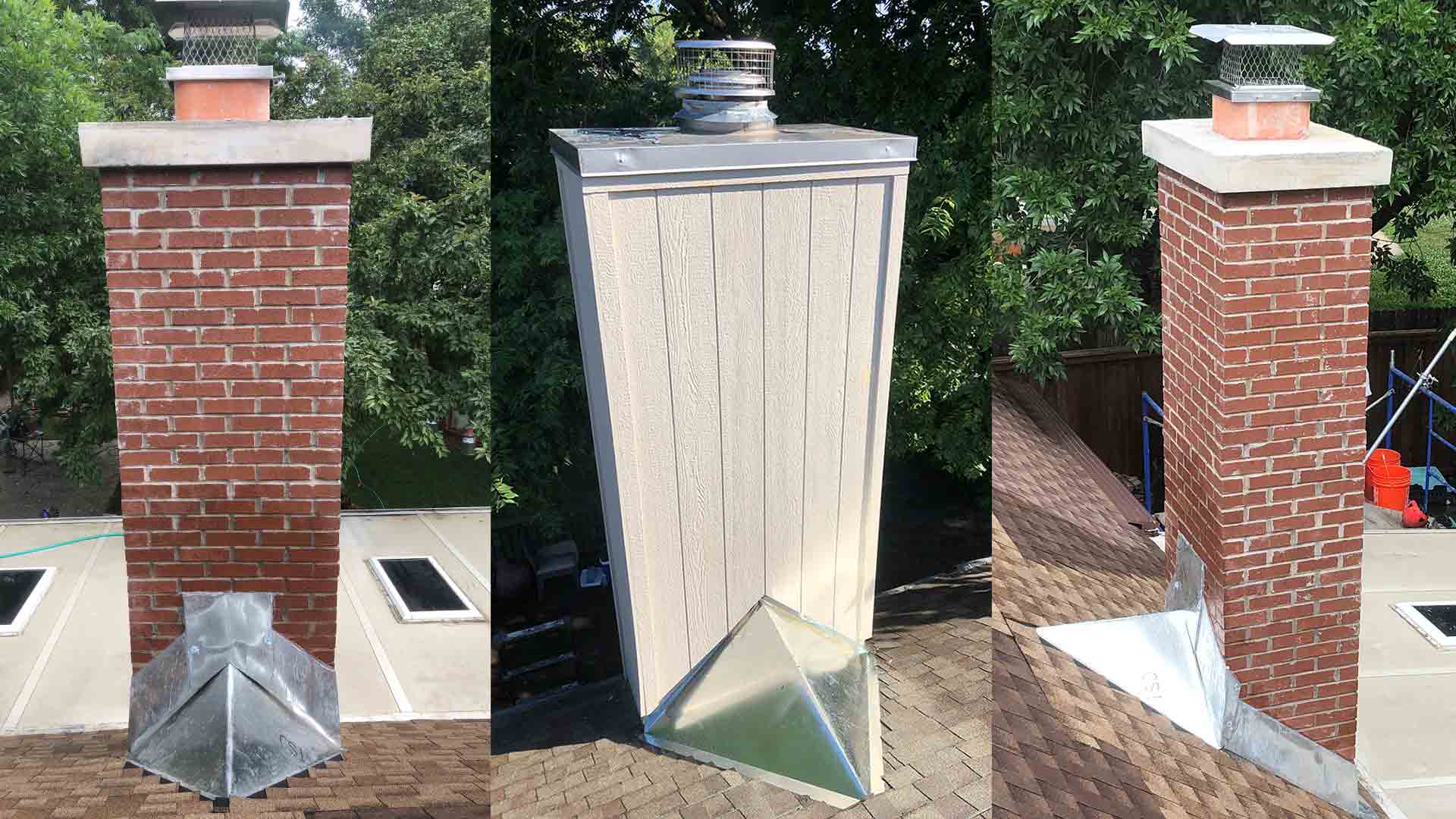
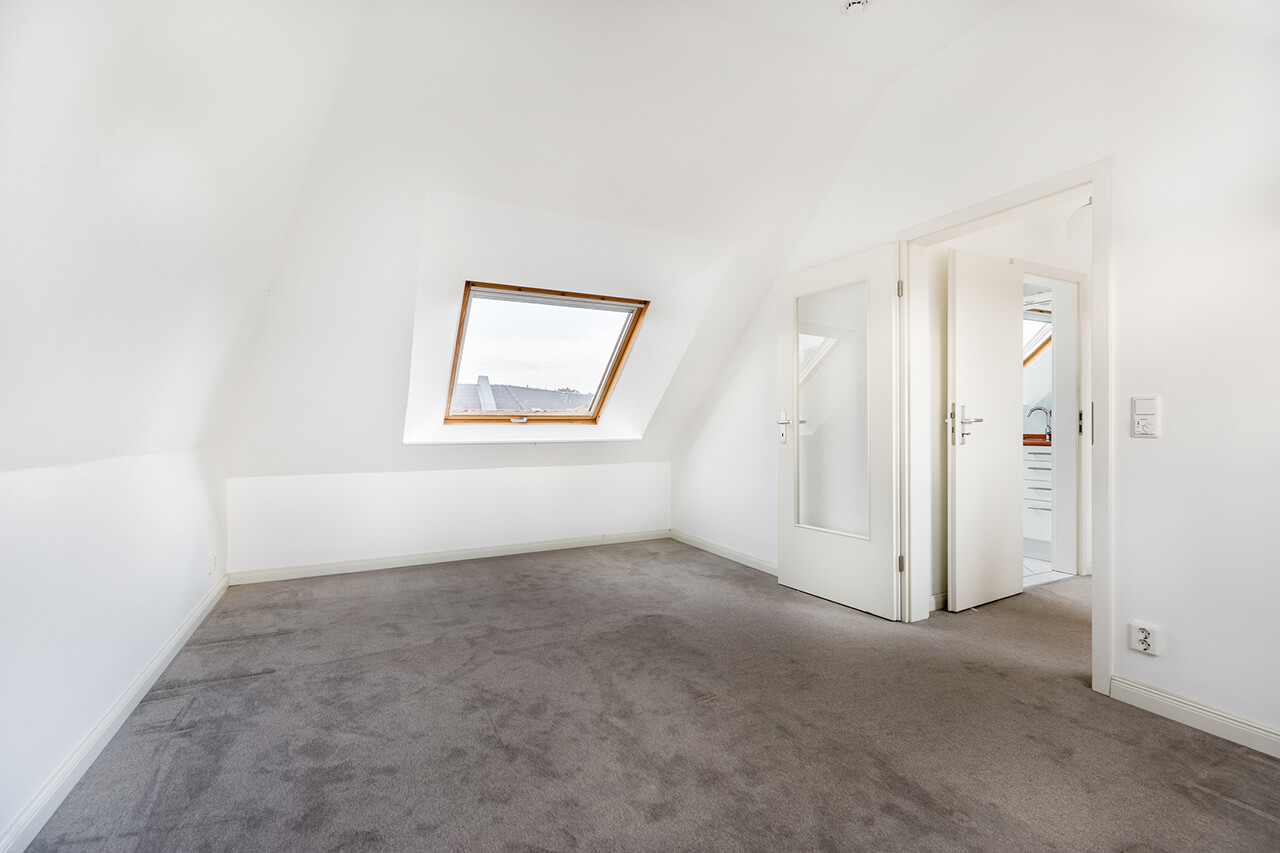

0 thoughts on “How Much Does A Chimney Liner Cost To Install”